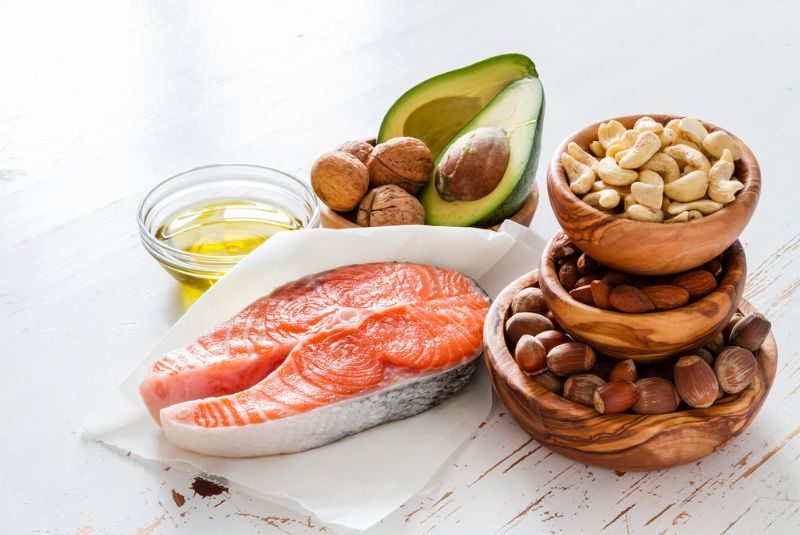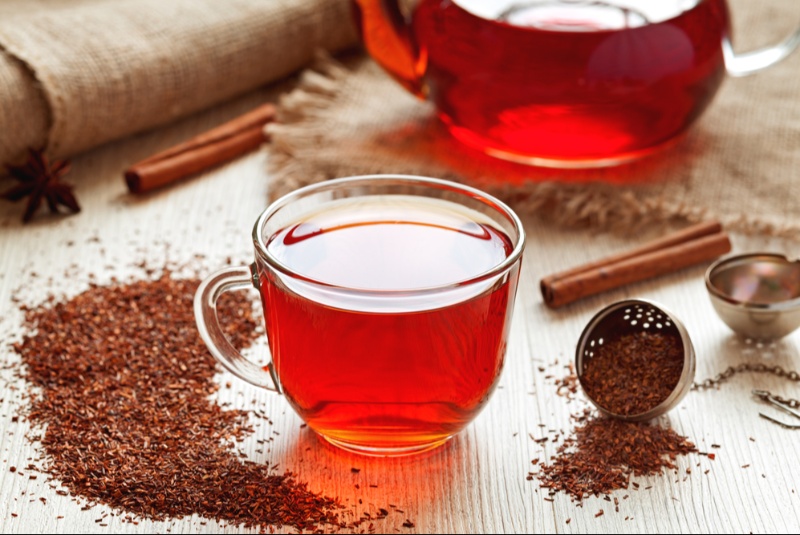If you work out often, you should be supplying your body with the adequate vitamins and nutrients it needs to function. Also, adding the proper vitamins to your diet can keep you on the right track for your health and fitness goals. You should strive to eat a healthy and well-balanced diet containing lean protein, complex carbs, fruits, vegetables, legumes, and nuts. Depending on vitamins alone to supplement your diet is not a good plan, nothing beats a balanced diet. If you are working out on a regular basis, ranging from 4 to 6 days per week, you should be mindful of what you are supplying your body with. .

1. Calcium
Calcium is essential for strong bones. It’s a very important supplement for women as they age because they’re susceptible to lose bone density. Some symptoms of calcium deficiency include memory loss, depression, muscle cramps, and brittle nails.
Foods high in calcium: Almonds, beans, kale, broccoli, sardines, tofu
2. Vitamin D
Vitamin D supports healthy bones, teeth, and your immune system. It also aids in cardiovascular health and lung function. Symptoms of vitamin D deficiency include brittle bones, muscle weakness, and mood instability.
Foods high in vitamin D: egg yolks, cheese, tuna, salmon
3. Iron
Iron is extremely important in your diet. Iron can help alleviate fatigue which will give you more energy for your workouts. Symptoms of iron deficiency include tiredness, pale skin, dizziness, dry hair, and headaches.
Foods high in iron: spinach, dark chocolate, lentils, broccoli, tofu, beef
4. Zinc
Zinc assists your metabolism and immune system. It can help reduce inflammation within your body. Symptoms of zinc deficiency include appetite loss, hair loss, and delayed development.
Foods high in zinc: meat, eggs, nuts, whole grains, legumes
5. Magnesium
Magnesium may improve your exercise performance and ward off depression. It helps regulate your body’s nerve and muscle function. Symptoms of magnesium deficiency include muscle twitches, cramps, fatigue, irregular heartbeat, and mental instability.
Foods high in magnesium: bananas, almonds, spinach, avocados, black beans




